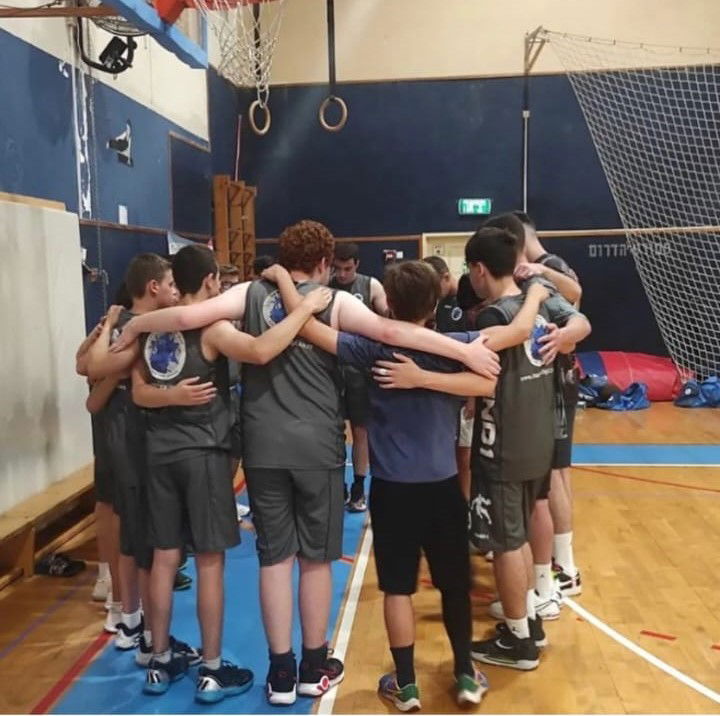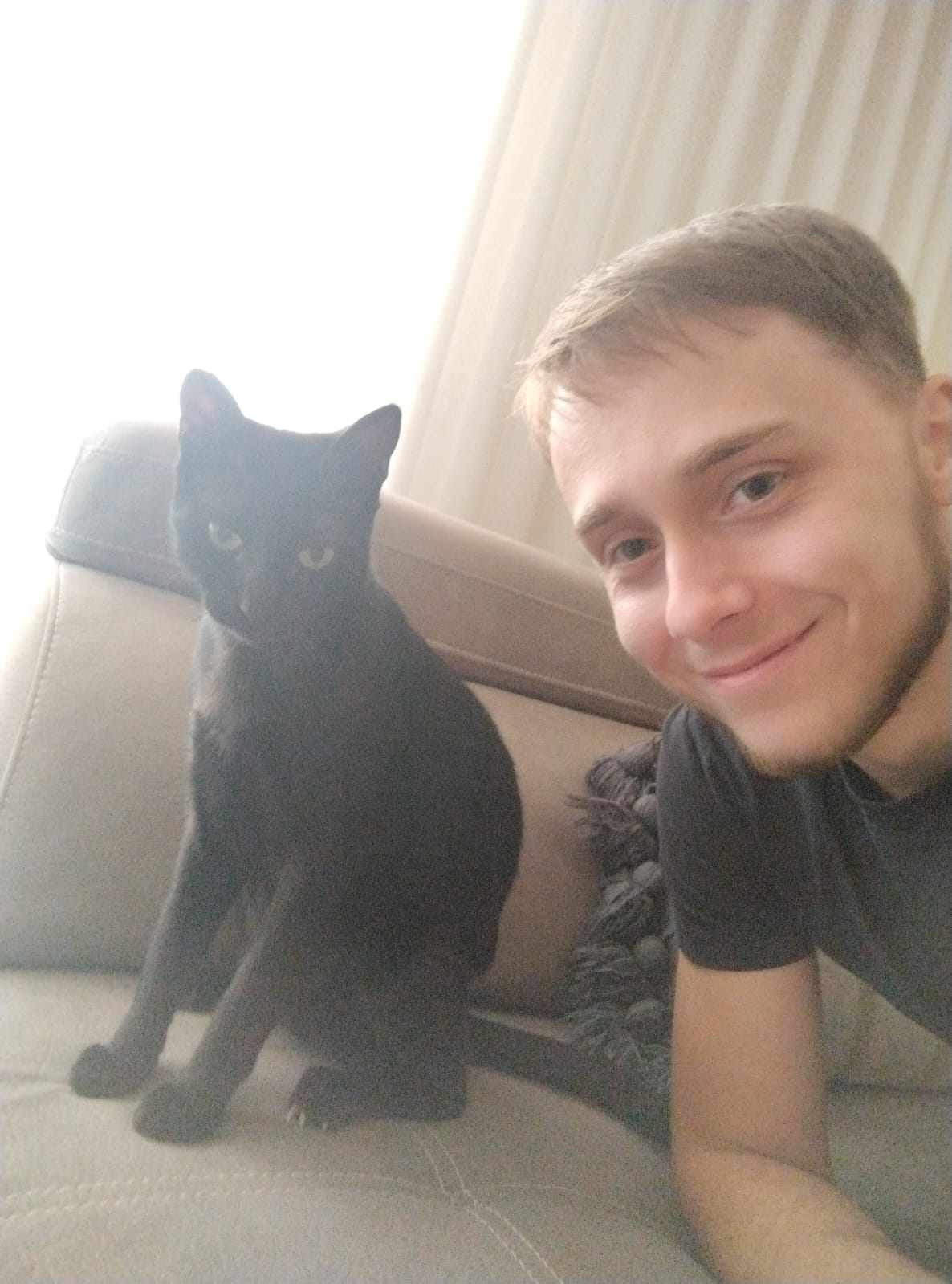About The Founder:
49–43.
We were nervous the whole game — and for good reason. It was our league tryout match.
I thought all the shouting from the bench, the clapping, the “DEFENSE!” chants… would show the coaches who I really was.
Not just the guy standing there at 5’7.
But even back then, I learned a lesson that stuck with me into business:
Most coaches — like most business owners — only care about the flashy stuff.
Past success. Big camera. Fancy pitch decks. “Do Everything For ME” mindset.
Even if it means ignoring the people who live what they do.
The ones who study the tiny details. Who obsess over mastery.
Who sweat in the heat of the court — not in some air-conditioned basketball gym.
And I won’t lie — that stuck with me.
Until one day I said:
“I’m done being judged by my height.”
So I turned to business.
I jumped between day trading, crypto, you name it — but the only thing that really pulled me in was:
Marketing. And copywriting.
Creating experiences. Connecting identity to brands.
Writing like an author — just with a better pay.
Why? Because I’d been doing it since I was a kid. For free.
Writing stories in my notebooks.
Journaling. Drafting scripts for movies just for fun.
Reading fantasy books for hours — Miss Peregrine, Sherlock Holmes, Harry Potter…
To now having the chance to create something real — and get paid for it?
That’s a childhood dream.
I didn’t know what to do next. But I knew it was for me.
So I did what I always did in basketball: I started training.
In basketball, I used to break down games and study the details.
In marketing, I’d sit with million-dollar ads — every single day — and break my head trying to figure out: Why did it work? How did it work?
Eventually, it started to click.
I decided it was time to reach out to businesses.
But there was a problem.
I had learned how to sell products to people (B2C). Not business to business.
I had a lot to learn.
But what I had noticed was: the standard of marketing today is painfully low.
Especially from where I am from (Israel).
When I compared local ads to the work of David Ogilvy, Gary Halbert, and the true fathers of marketing…
It was embarrassing.
The ads here focused on numbers.
Stats. Out-of-context quotes.
Shallow trends.
They wanted cheap leads — even if they were the wrong ones.
Easy. Fast. Lazy.
But the great marketers?
They studied the product. The audience.
And they poured everything into the message and the psychology behind it.
Which — let’s be honest — is the most important part of any piece of marketing.
As Claude Hopkins (the guy whose ad literally made us brush our teeth twice a day) once said:
“The advertising man studies the consumer. He tests and tries again.
He goes step by step, building carefully and slowly, always trying to improve results.
He never risks or gambles. He acts on actual knowledge obtained by experience.”
That approach hit me deep.
Because to me — marketing, copy, advertising — wasn’t a job. It was something I lived.
I wrote. Rewrote. Studied. For free.
It was fun. Even when I had no clients.
Let’s just say… I didn’t exactly vibe with the way most marketing agencies locally, and overseas, worked.
They all pitched the same “difference”:
“We actually get results.”
But that’s not a difference.
That’s the bare minimum.
If you get paid? Do the work.
And around that same time, another love started growing inside me:
Artificial Intelligence.
While others feared it — I studied it.
The inner workings. Machine learning. The history. Everything.
And with that obsession — plus my frustration with lazy marketing — a thought hit me mid-workout:
“What if you created a ChatGPT for marketing?
Not a generic one trained on the whole internet — but one trained to think like the greatest copywriters/marketers of all time?
One that actually helps you write the right message, for the right person?”
And from that moment: CopyOS was born.
Built from the desire to reset the marketing standard.
To deliver entire campaigns in less time — and with higher quality than most agencies could.
And to help businesses with the hardest and most important part of it all:
The message.
So any business — big or small — can say the right thing, at the right time, at the right person.
All powered by the lessons of the greats:
David Ogilvy, Claude Hopkins, Joe Sugarman, Gary Halbert, Dan Kennedy… and more.
Brought to life with the untiring engine of AI.
—Dennis Ivko

